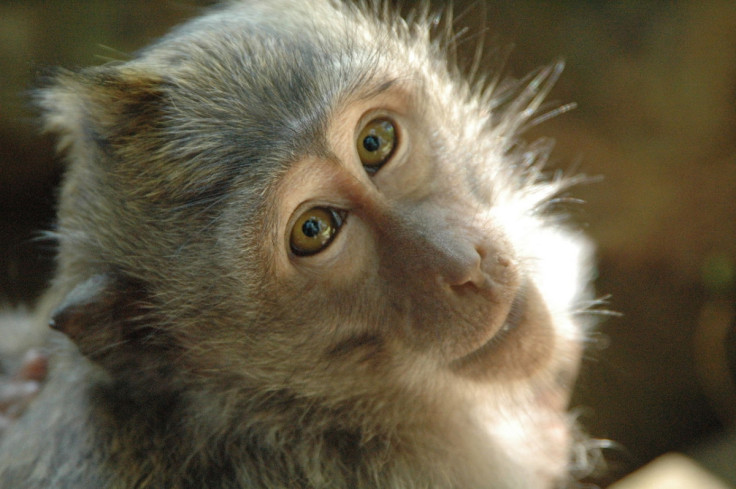GM monkeys engineered to show autism-like behaviours

Genetically modified monkeys have been created to show autism-like behaviours in the hope of developing new treatments and therapies for the condition in humans. The monkeys were engineered so they overexpressed a gene associated with autism behaviours in humans – and as a result they spent less time interacting with other monkeys, showed greater anxiety and more repetitive movements.
Researchers from the Chinese Academy of Sciences engineered the monkeys so they had extra copies of the gene MECP2. People who have extra copies of this gene are sometimes diagnosed with autism and intellectual disabilities.
One of the biggest challenges in autism research is the lack of animal models that closely reproduce symptoms of the disorder. Current models are based on rodents, meaning they are limited in terms of understanding the complexities of autism. Having a non-human primate model, the researchers say, will provide a stronger base to study neurodevelopmental disorders.
Behavioural changes
In the study, published in the journal Nature, researchers found the monkeys' cognitive function was pretty much normal, but their behaviour changed. They spent less time grooming one another and were more anxious when people approached their cages. In addition, researchers found the monkeys passed on the gene and the resulting symptoms to their offspring – possibly proving an avenue for research into the genetics of autism.
"Together, these results indicate the feasibility and reliability of using genetically engineered non-human primates to study brain disorders," they wrote, adding this work could help lead to the development of autism treatments. "The monkeys show very similar behaviour to human autism patients," said study author Zilong Qiu. "We think it provides a very unique model."
One 'piece of the puzzle'
But not all are convinced just yet. Melissa Bauman, from the MIND Institute, University of California, Davis, said: "Although the social impairments exhibited by the transgenic MECP2 monkeys are compelling, the paper would be strengthened by additional measure of social functioning relevant to autism (i.e., eye-tracking studies etc.) to maximize translational potential of this model. Nonetheless, this is an important step in utilising transgenic non-human primate models to evaluate therapeutic strategies for neurodevelopmental disorders." She added that while the paper makes important contributions to the understanding of the role of MECP2, it is "just one piece of the puzzle".
Eric J Vallender, from the University of Mississippi Medical Center, said that while the scientists had created an "excellent model" in the monkeys, understanding the genetics of autism is still a long way off. "This is not trivial and can be a major step forward for understanding neurodevelopmental disorders. It is one model of autism, but it isn't the only model of autism," he said.
"It is too early to say whether this model may lead to development of therapies. Even if we do develop a drug I'd expect that it would only work in a subset of cases (like those with MECP2 duplication syndrome), though certainly this is exactly the incremental change that will eventually lead to bigger breakthroughs.
"Right now, and for the foreseeable future, treatment of autism has a large behavioural component. It seems difficult, though not impossible, to imagine that those behavioural interventions could be developed in an animal model, even as good a one as this."
© Copyright IBTimes 2025. All rights reserved.






















